What’s your favorite area of your bookstore?
My favorite favorite thing inside the store is our PoetTree! It’s been a really cool way to give our community a physical presence in the store, and I love reading the poems that customers write.
What’s the coolest book cover that you like to have facing out on the shelves?
I’m a sucker for lush, detailed covers. Some favorites are All Our Hidden Gifts by Caroline O’Donoghue, The Last Cuentista by Donna Barba Higuera, and Mina by Matthew Forsythe.
If you had a staff pick for a recent new release, what would it be? Backlist pick?
Dog and Hat and the Lost Polka Dots is a delightfully unhinged new graphic novel about an anthropomorphic dog who loses the polka dots on his sweater and goes on an underground adventure to find them with his sentient hat friend. On the other end of the spectrum, I also love Moonwalking by Lynn Miller-Lachmann and Zetta Elliott. It’s a dual-perspective verse novel set in ’80s Brooklyn, and follows a pair of boys who become very unlikely friends. Super lovely.
A backlist favorite is The Prince and the Dressmaker by Jen Wang, an adorable graphic novel about a prince who moonlights as a fashion icon and the young seamstress he contracts to secretly design his outfits.
What author have you been starstruck to meet, or have you gotten to host a fun virtual event?
I got to meet E. Lockhart/Emily Jenkins when she came to sign some books for us recently, and 12-year old me was freaking out. I even had some ancient editions of her books that I asked her to sign. That was pretty cool!
What are some misconceptions people have about working in a bookstore?
The main misconception is that reading is a big part of our daily responsibilities — in reality, we don’t often have a chance to read at work. We do love getting to talk about books with customers, though!
What is your least favorite bookstore task? Favorite part about working in a bookstore?
Moderating mask etiquette has quickly become my least favorite bookstore task. Before that, wrestling with packing tape was a big one. Packing tape is my enemy. My favorite thing to do at work is readers’ advisory — I love helping kids (and adults) find new reads they feel excited about!
Can you recommend an underrated readalike book for one of the store’s top titles?
Our most popular title of 2022 so far is New From Here by Kelly Yang — Shooting Kabul by N.H. Senzai, is a really lovely underrated book, and a good readalike. Shooting Kabul follows a boy named Fadi whose family moved to a small California town from Afghanistan shortly before 9/11. In addition to adjusting to life in his new town and fielding a lot of anti-Islamic sentiment, he decides to join a photography competition with a cash prize to try and fund a trip back to Kabul to search for his little sister who was separated from their family while they fled. This one doesn’t get as much love as I wish it did!
Anna Galachyan is a floor manager at Children’s Book World in LA.

A former award-winning journalist with national exposure, Marissa now oversees the day-to-day operation of the Books Forward author branding and book marketing firm, along with our indie publishing support sister company Books Fluent.
Born and bred in Louisiana, currently living in New Orleans, she has lived and developed a strong base for our company and authors in Chicago and Nashville. Her journalism work has appeared in USA Today, National Geographic and other major publications. She is now interviewed by media on best practices for book marketing.
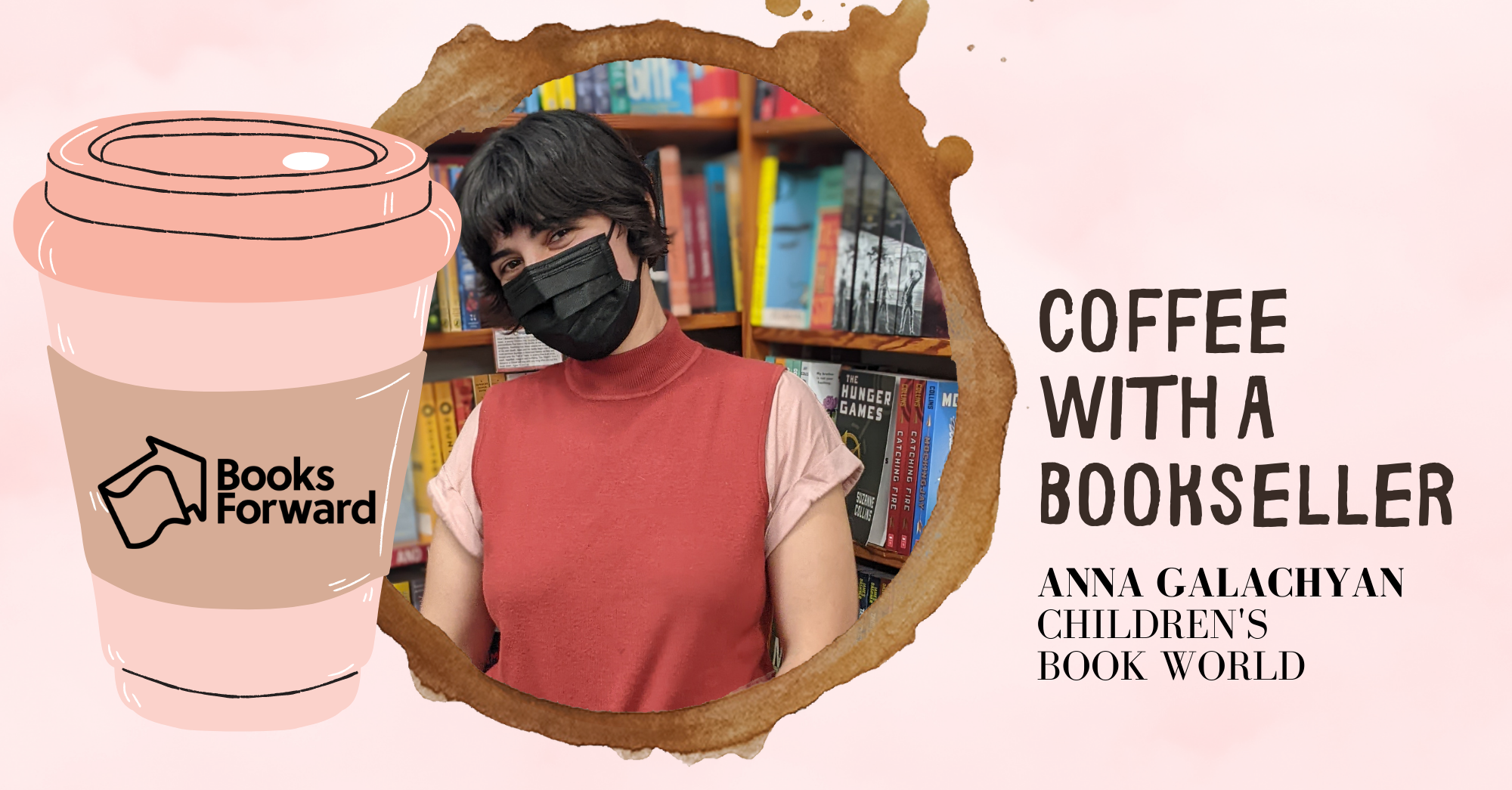


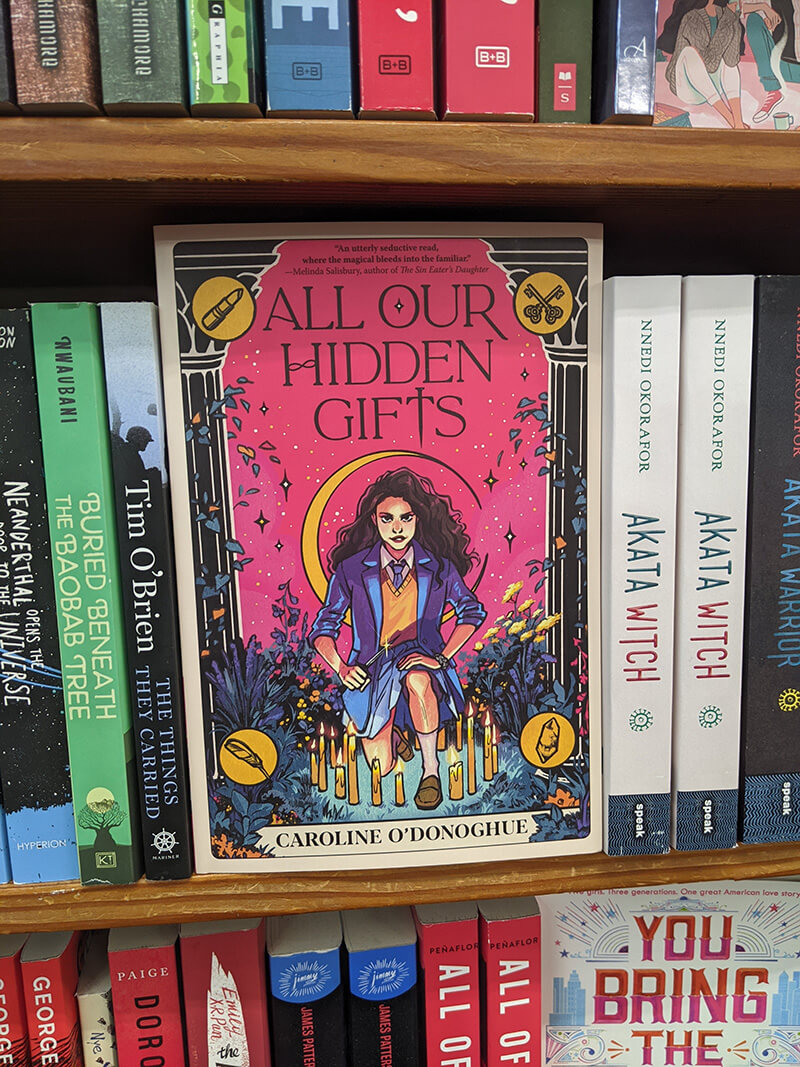
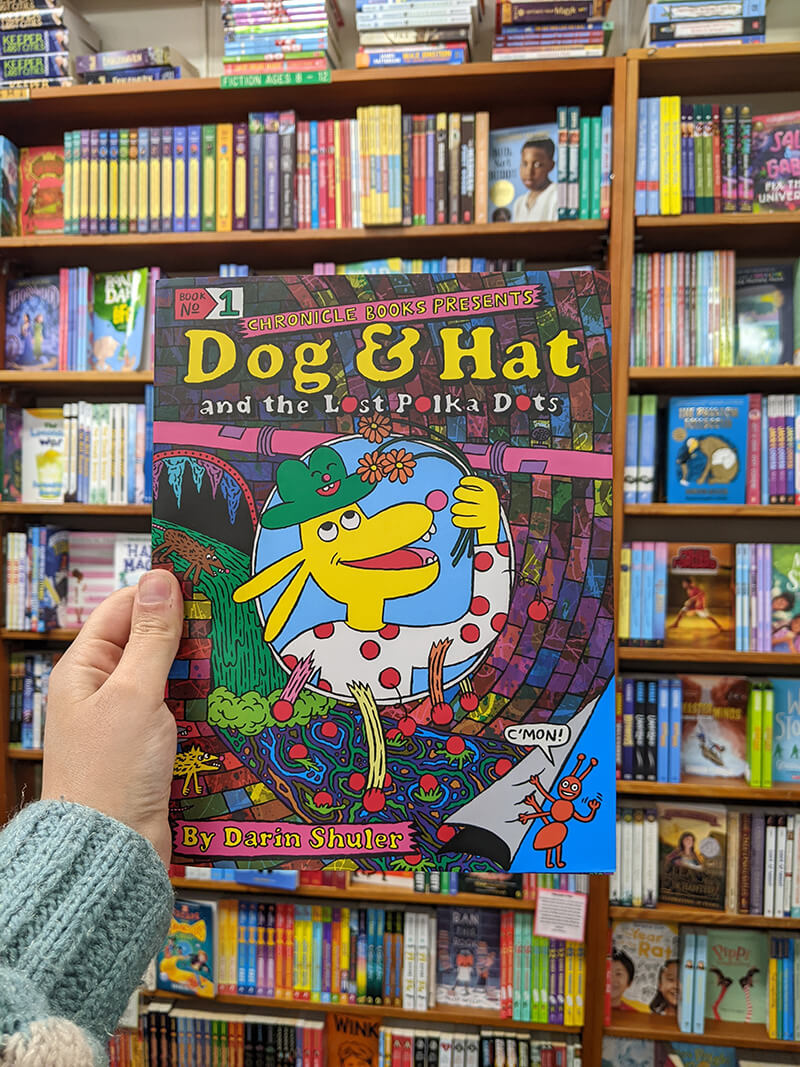
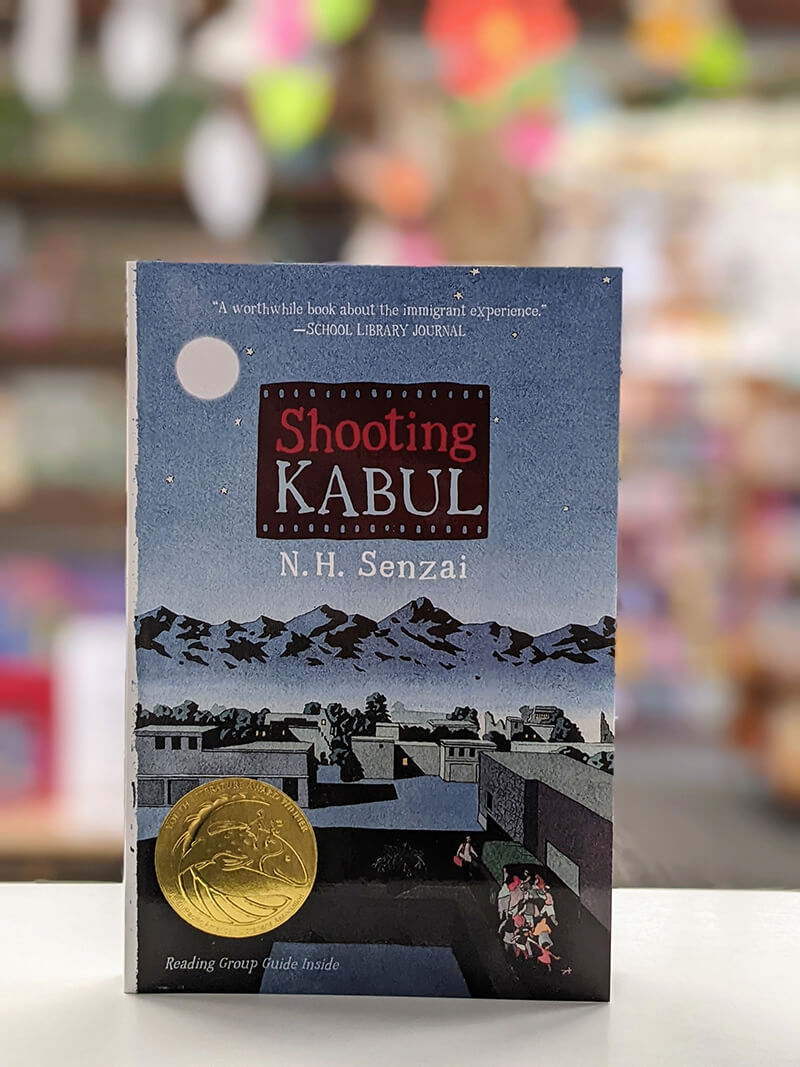
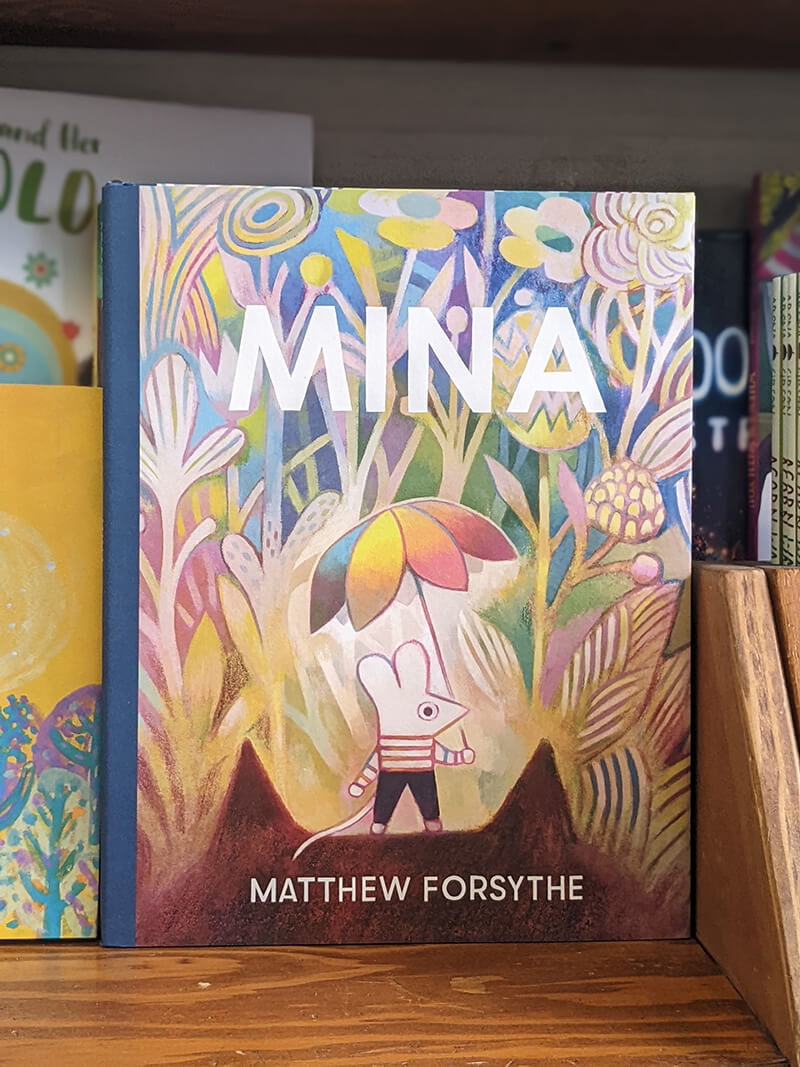

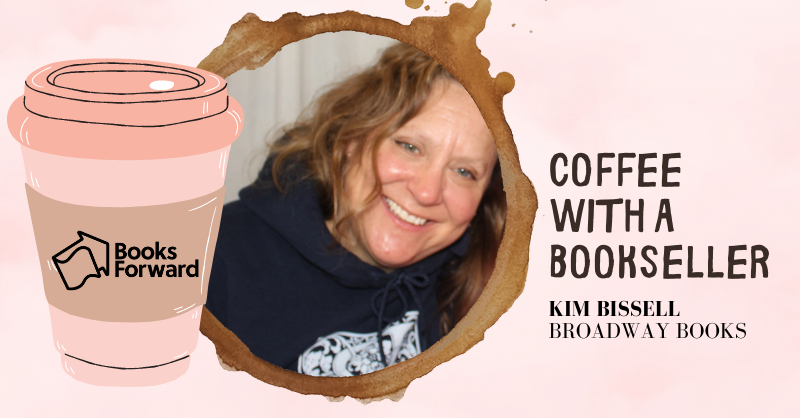
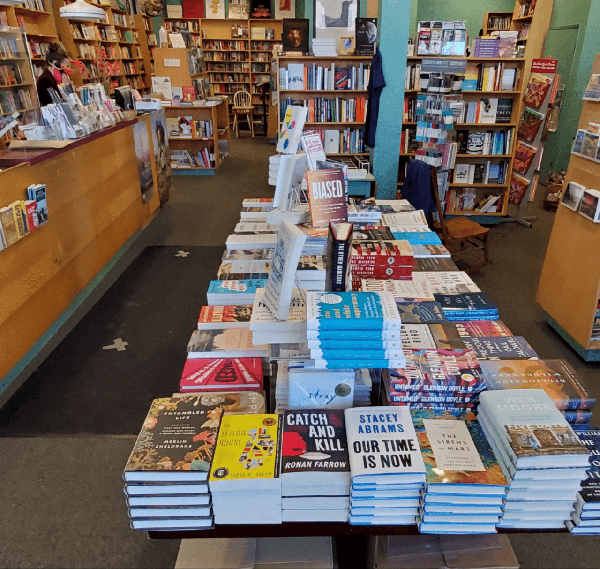 What’s your favorite area of your bookstore?
What’s your favorite area of your bookstore?
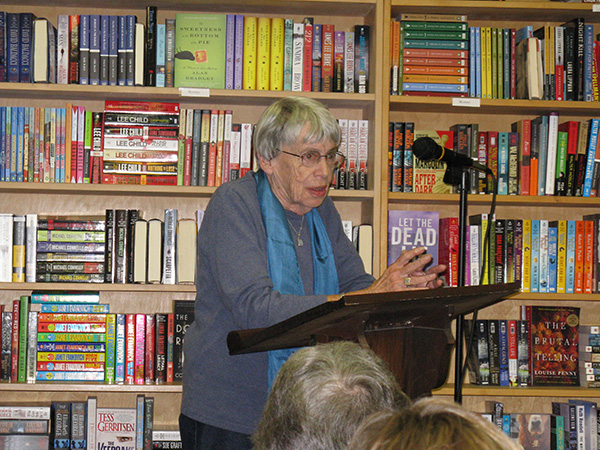

 What’s your favorite area of your bookstore?
What’s your favorite area of your bookstore?
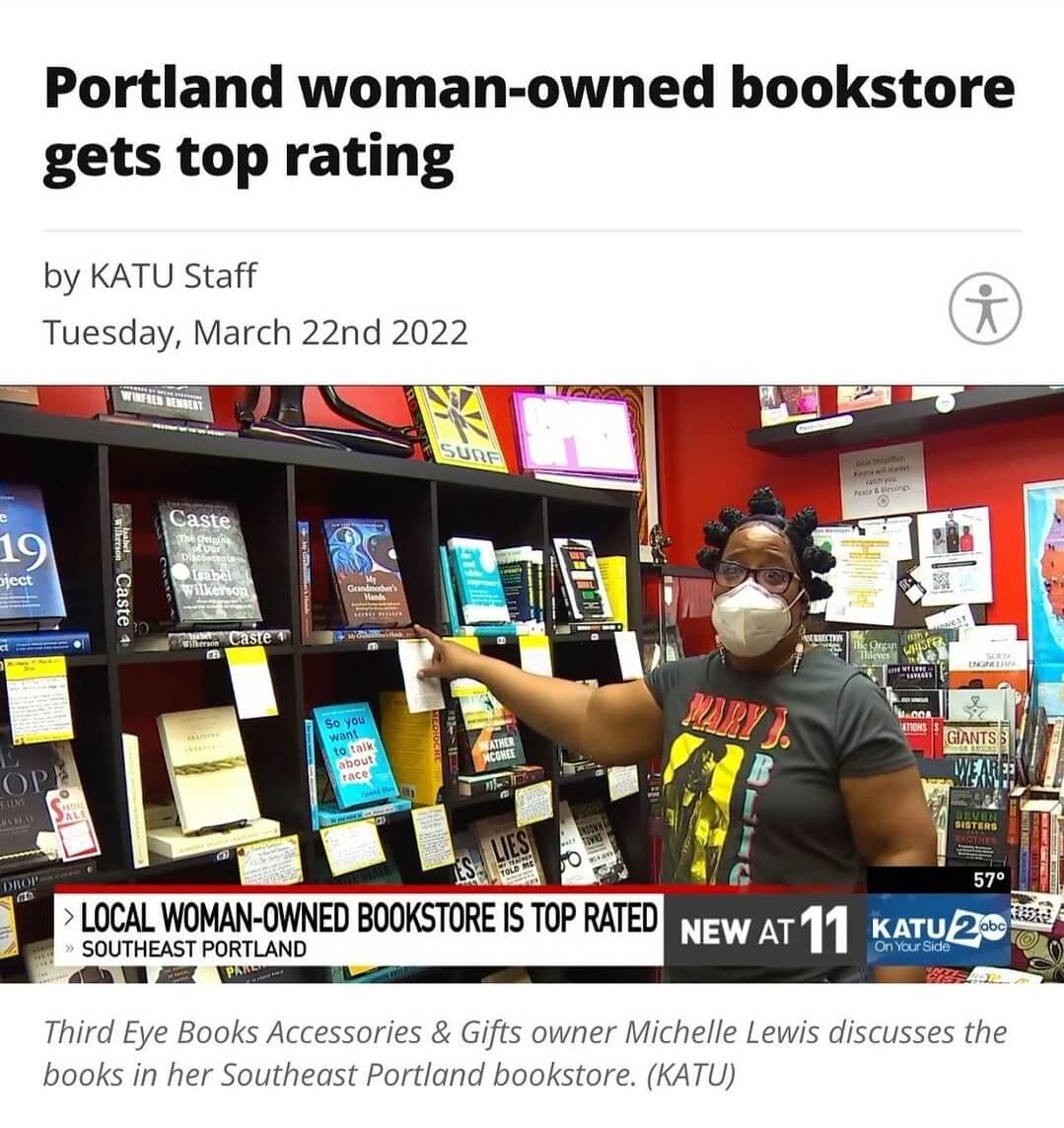
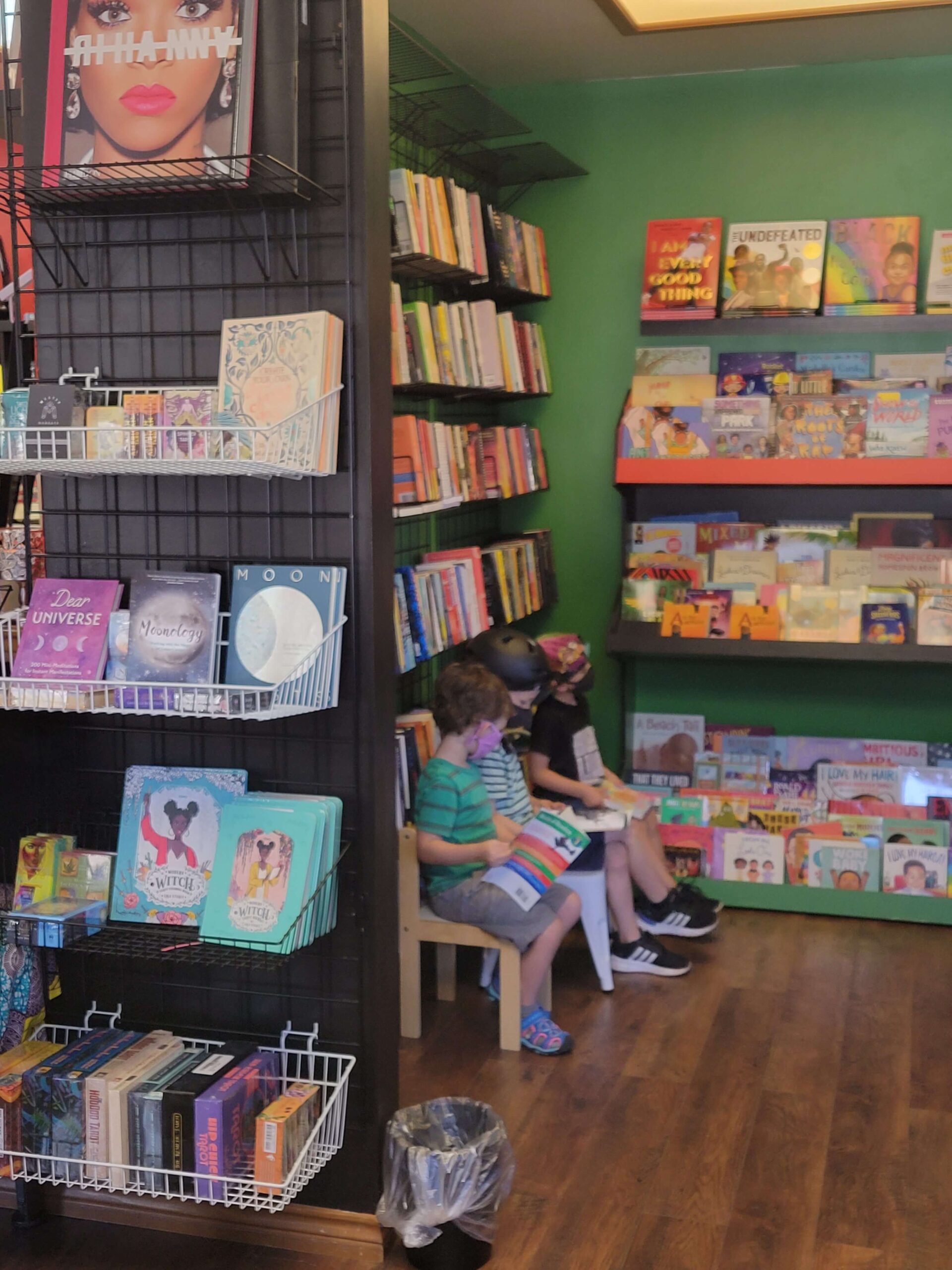
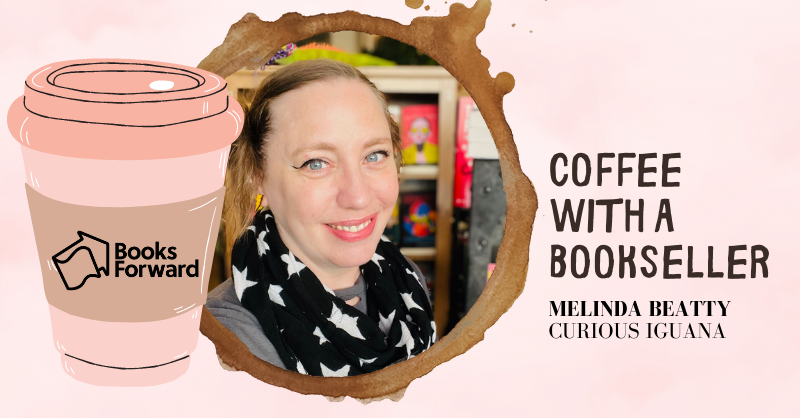
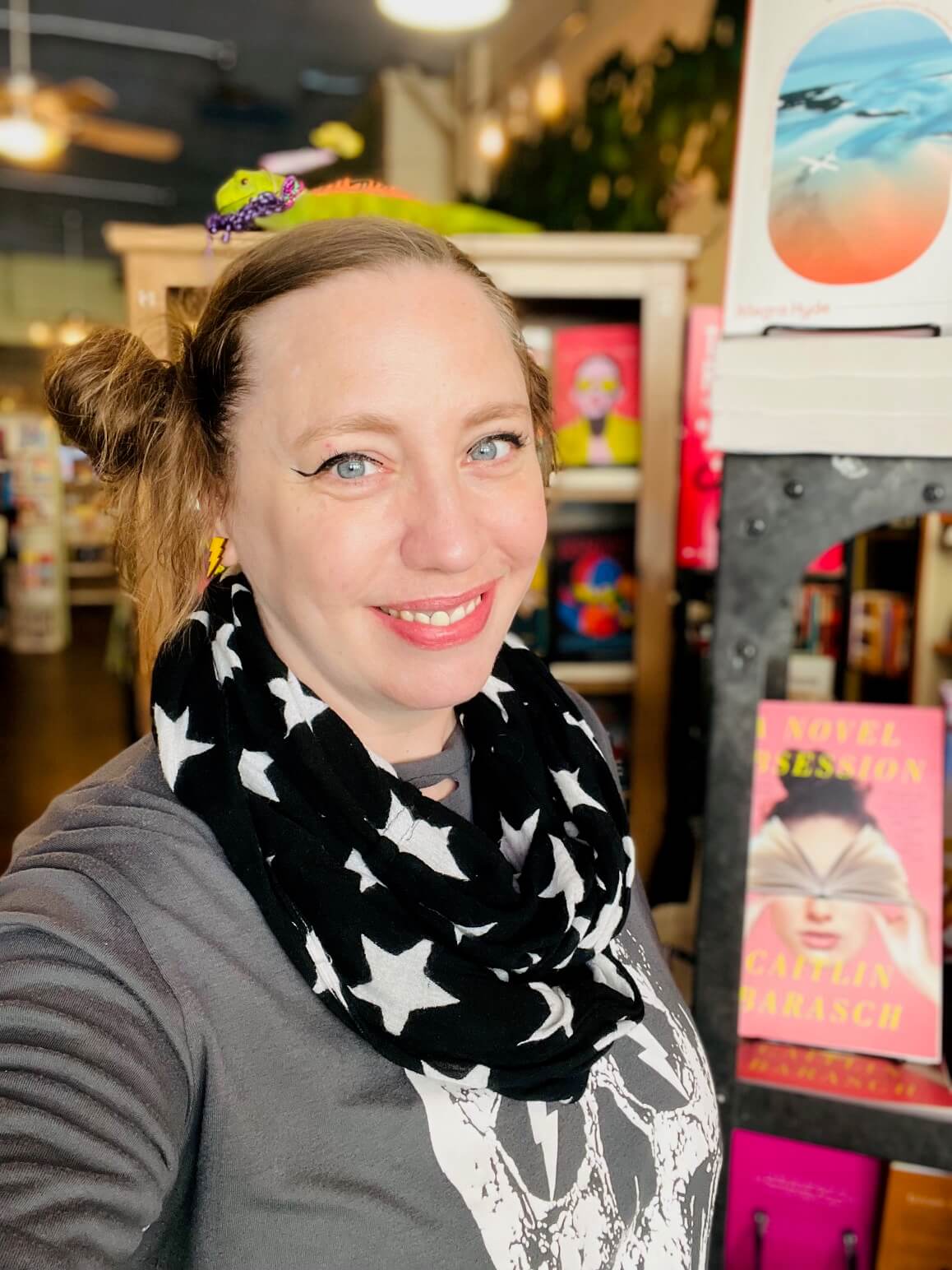 What’s your favorite area of your bookstore?
What’s your favorite area of your bookstore?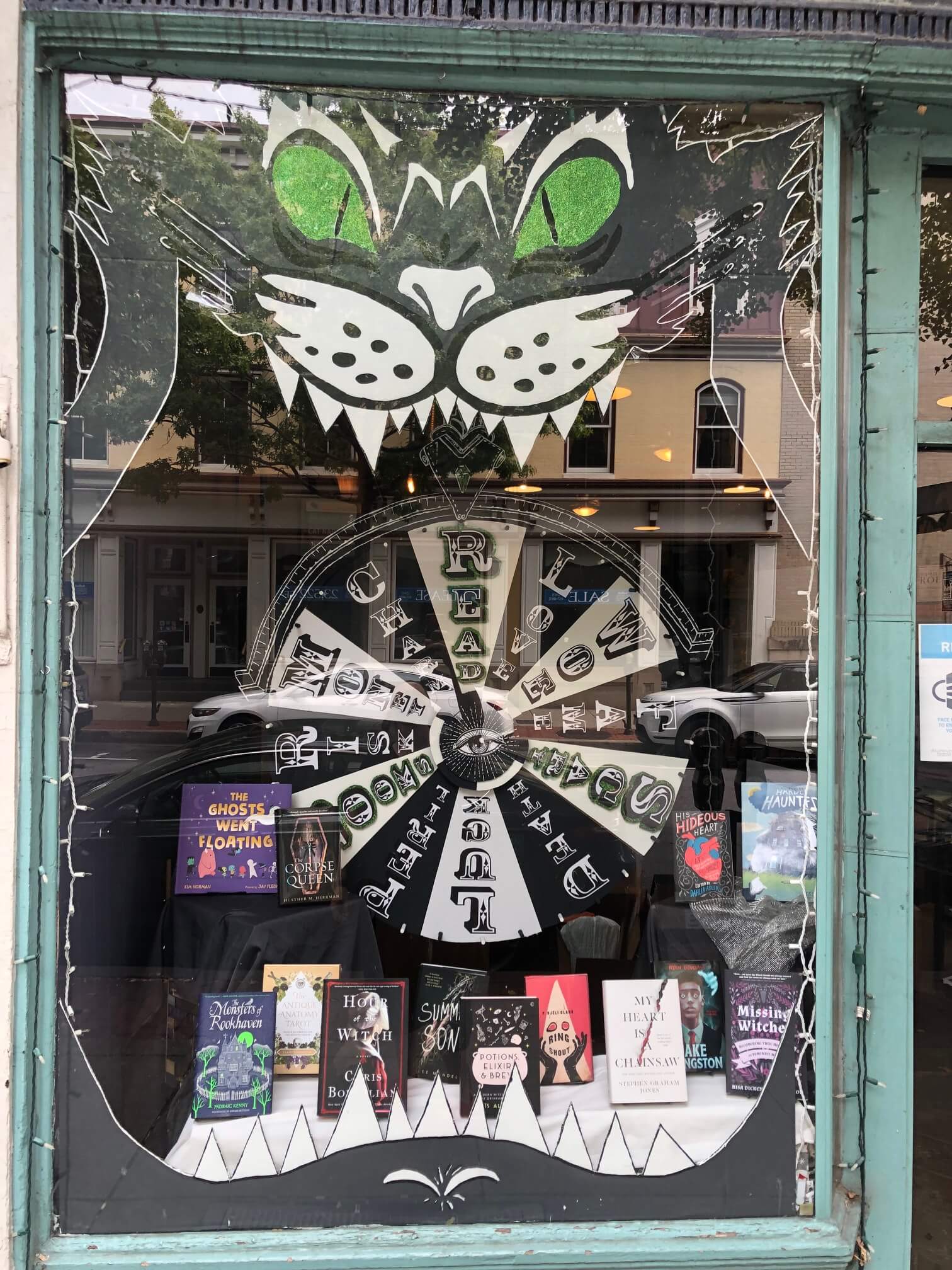
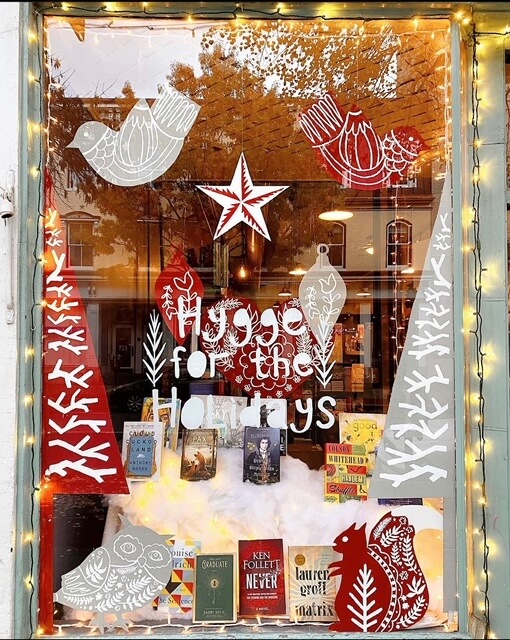
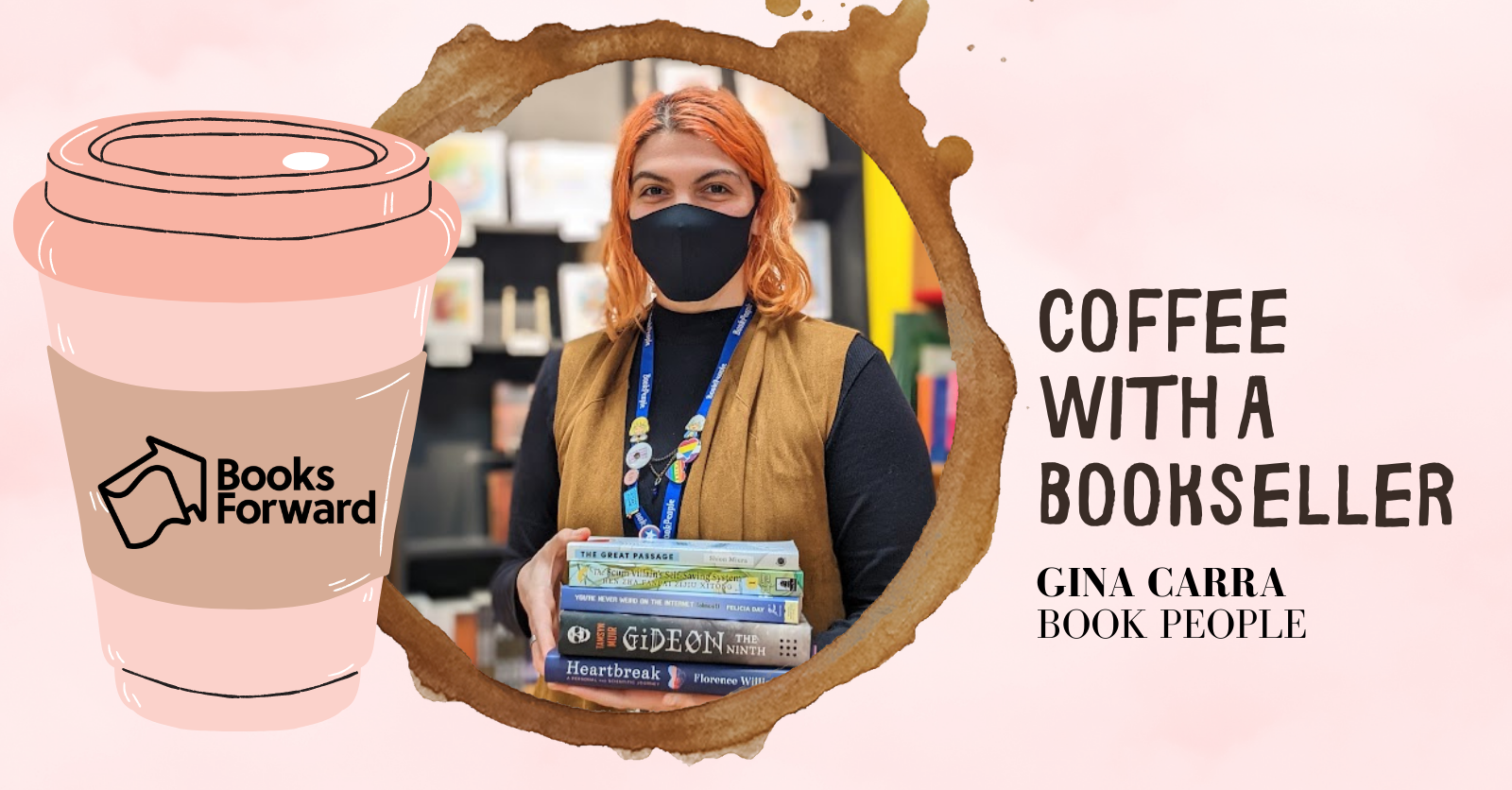
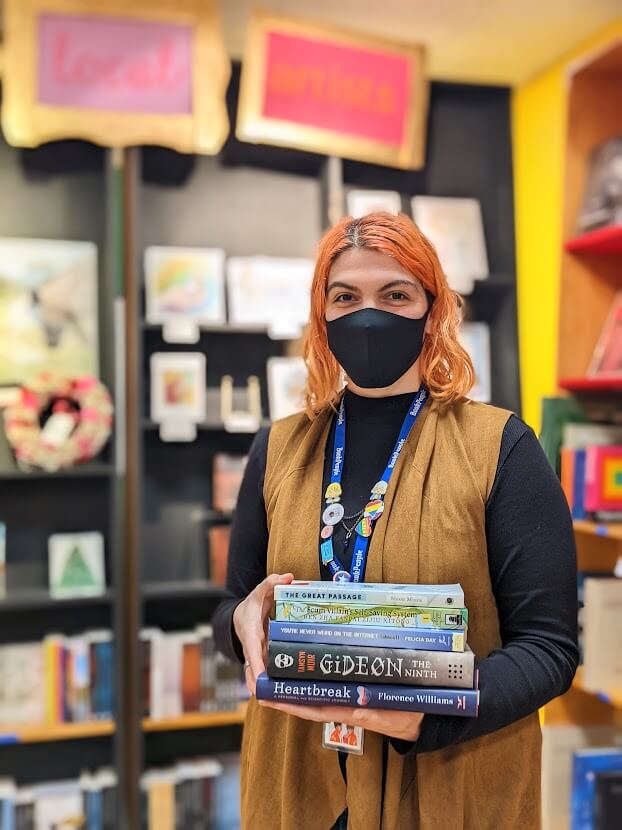 1. What’s your favorite area of your bookstore?
1. What’s your favorite area of your bookstore?
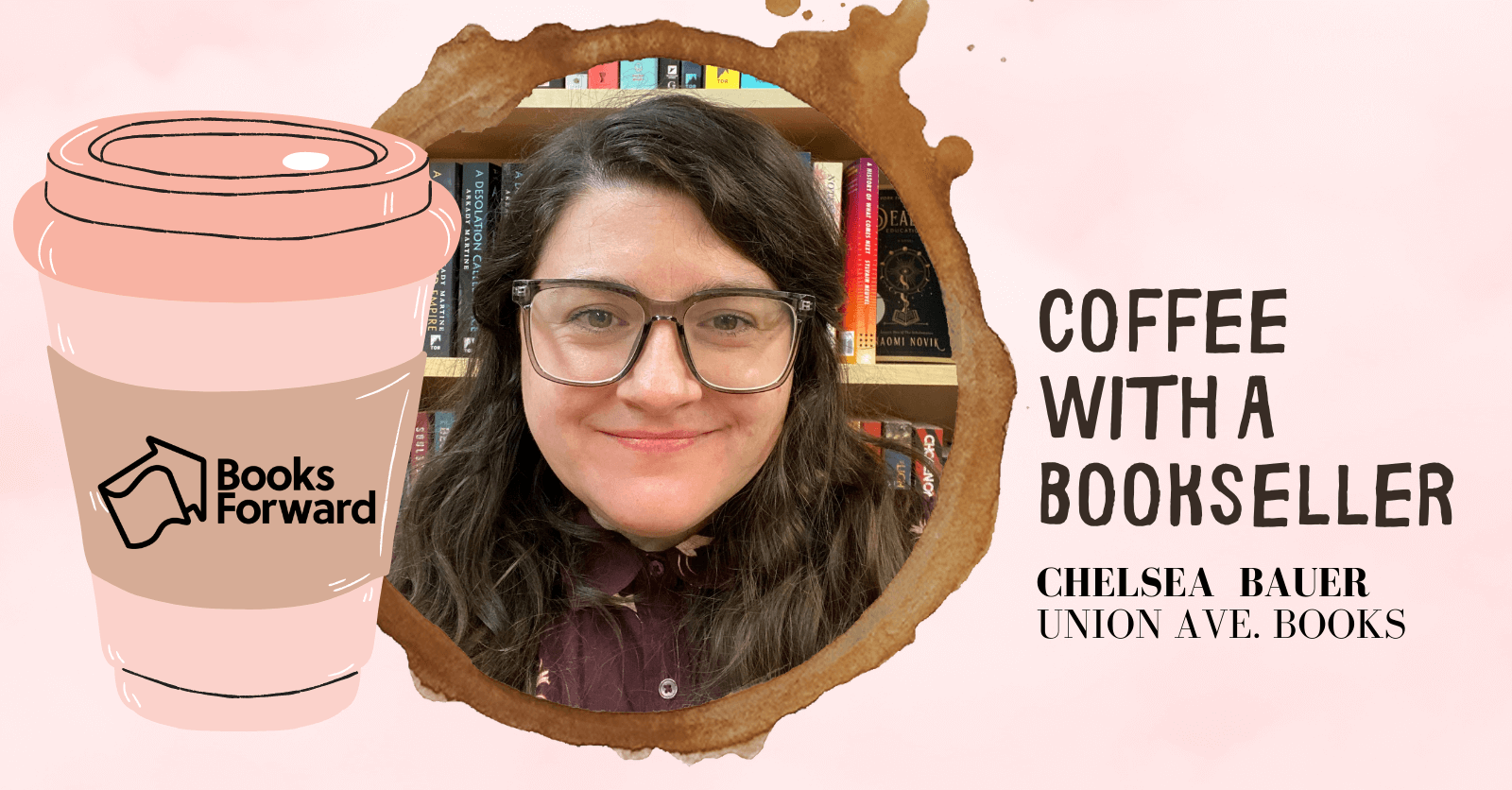
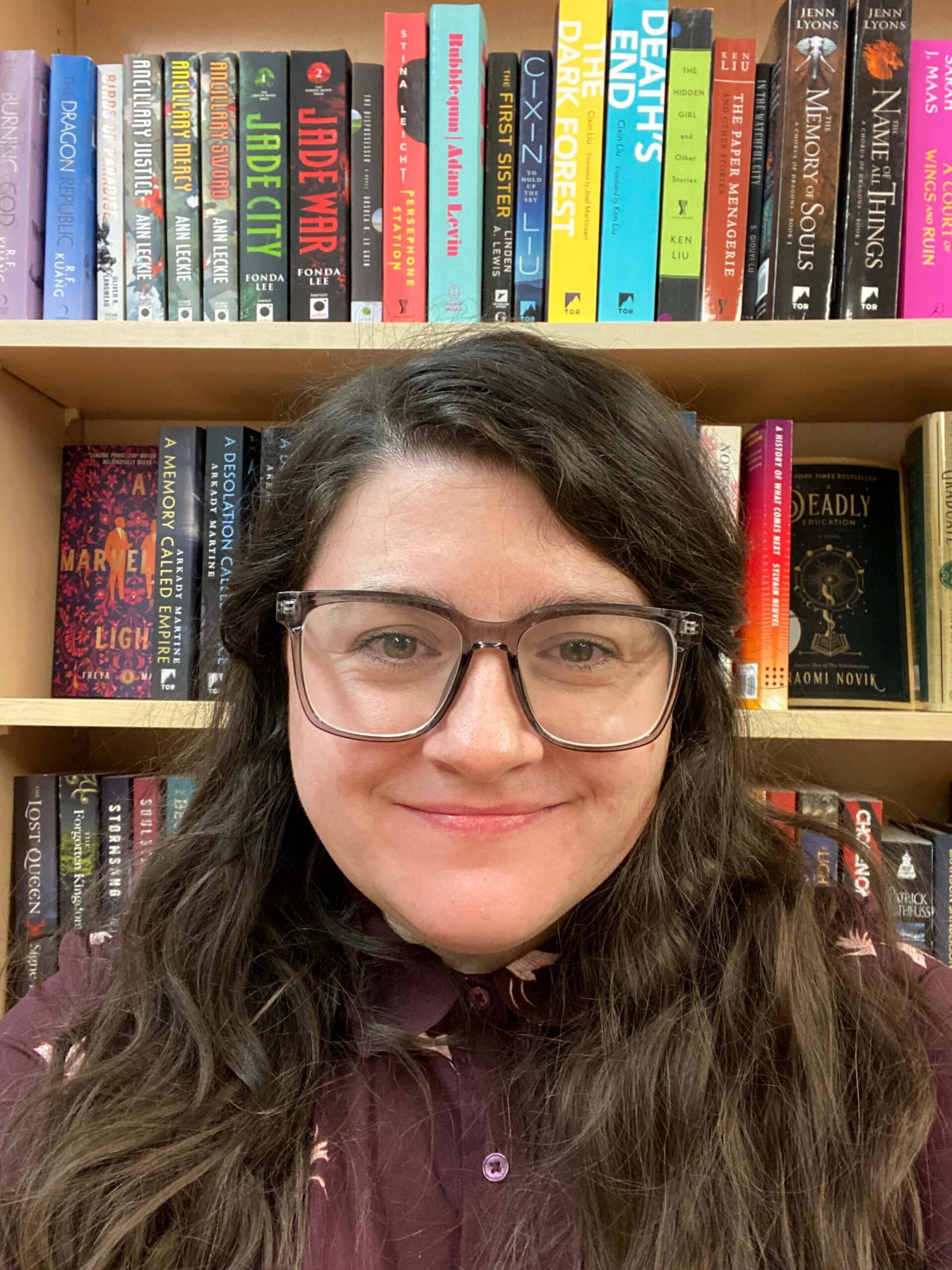 What’s your favorite area of the bookstore?
What’s your favorite area of the bookstore?
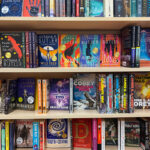

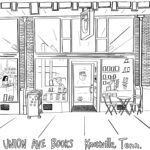
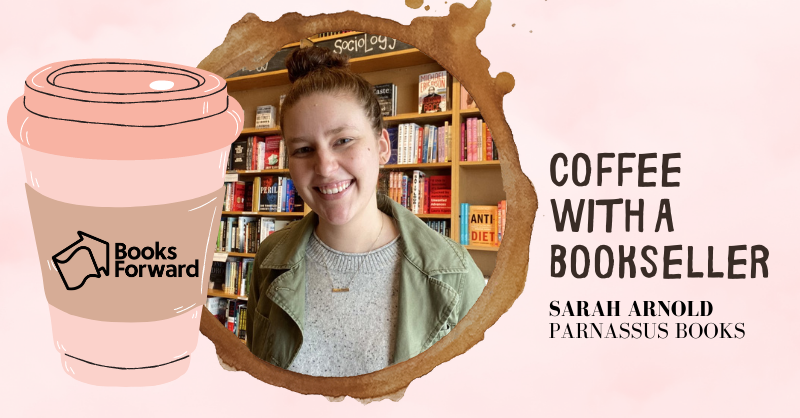
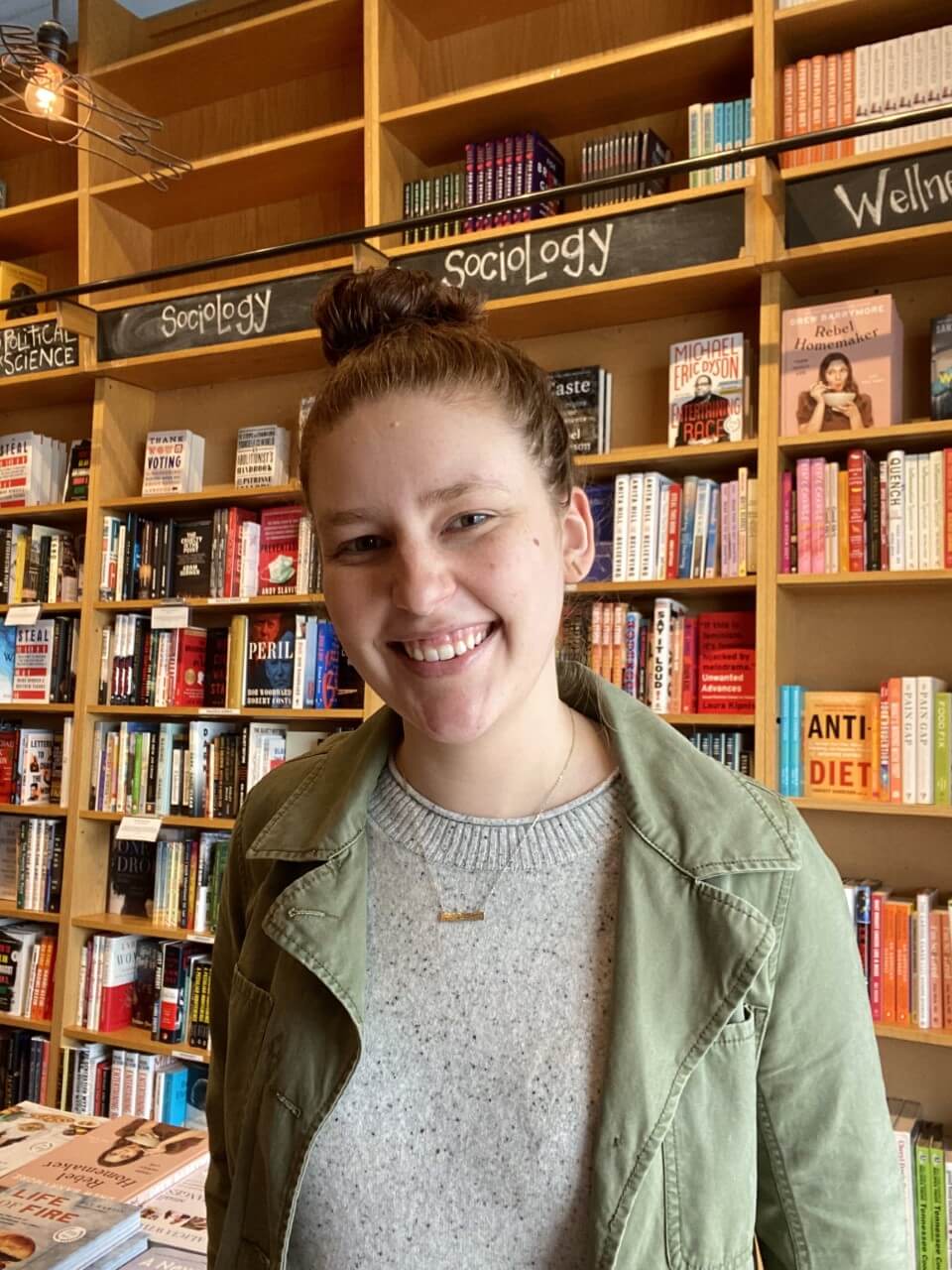 What’s your favorite area of the bookstore?
What’s your favorite area of the bookstore?

